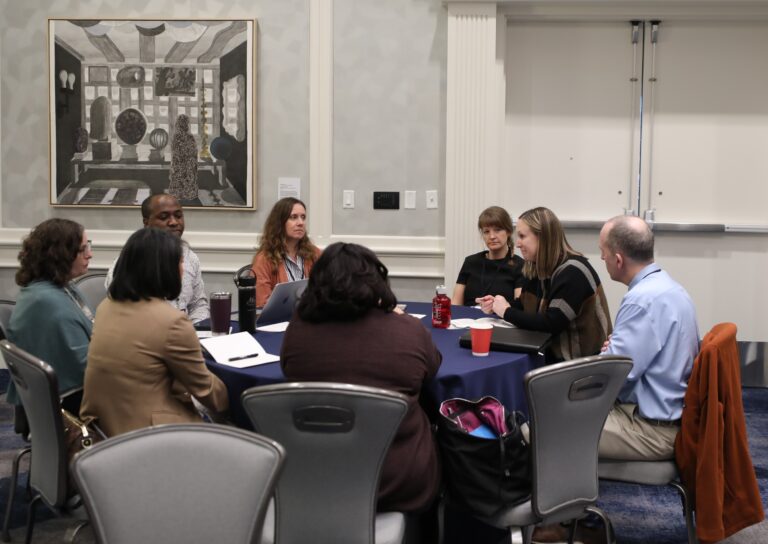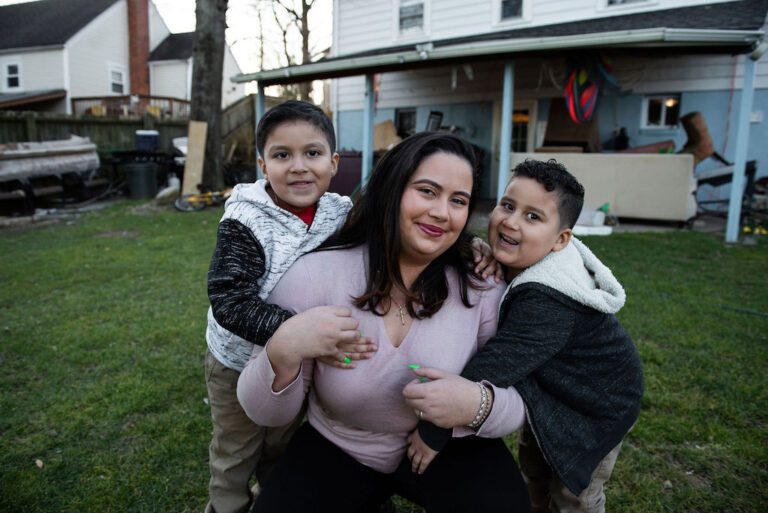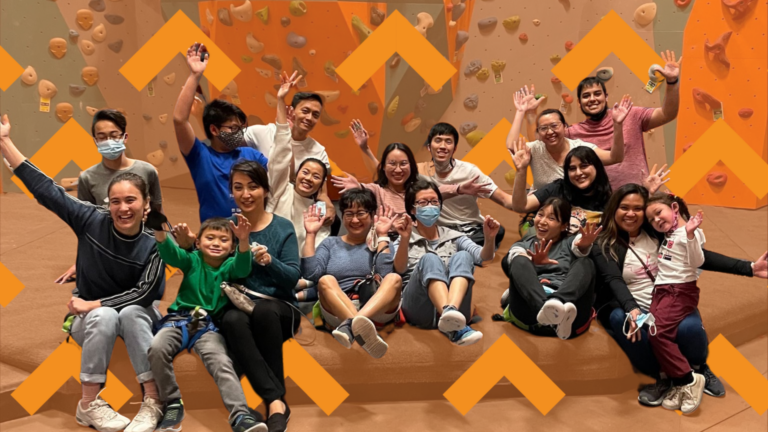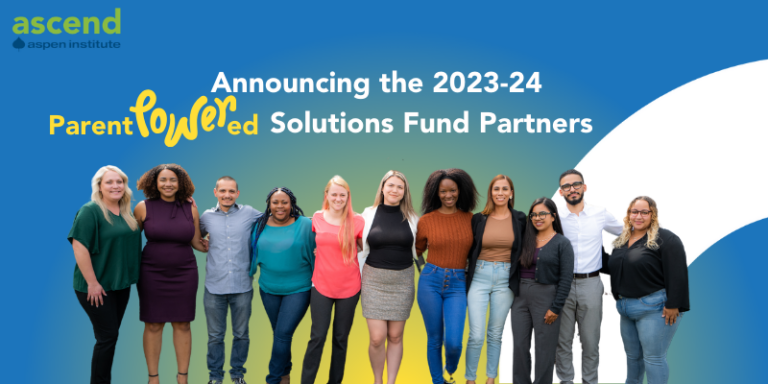New Guidance Aims to Help Organizations Work Effectively with Parents
Ascend at the Aspen Institute shares lessons learned through building partnerships with parents
Washington, DC
On the heels of U.S. Surgeon General Vivek Murthy’s warning about parental mental health and well-being, Ascend at the Aspen Institute has released the groundbreaking publication, Ascending with Parents: A Guide to Centering Parent Voice in Policy and Practice. This new guide aims to equip organizations that serve families with low incomes with strategies to partner with parents and leverage their lived expertise and insights effectively. The guide details exactly how organizations can implement the surgeon general’s recommendation to elevate parent voice to develop programming that can help alleviate the many stressors today’s parents face.
The guide shares learnings gathered since Ascend’s inception in 2011, during which time it has engaged parents, practitioners, and policymakers across the nation and in Puerto Rico. The guide also builds on the efforts of many others, including those organizations in the Ascend Network, as the field deepens its understanding of the important relationship between parents with lived experience and those who support them.
‘Parent voice’ refers to the inclusion of parents’ perspectives, experiences, and recommendations in the development and evaluation of programs and policies that affect their children and families. Engaging parents is a critical step in any successful two-generation (2Gen) approach so that whole family units can experience positive outcomes from one generation to the next.
“We are pleased that the US Surgeon General recognizes the value of elevating parent voice as the field works to build a more supportive culture for parents. says Anne Mosle, Vice President and Executive Director of Ascend at the Aspen Institute. “Parents know what their families need to thrive, and we have identified concrete strategies that organizations can use to tap into their vast wisdom. “Parent participation cannot be an afterthought – it requires commitment, planning, and follow-through.”
The guide outlines principles for engaging parent voice including how to gain trust, ensure equity, foster authenticity, prioritize social capital, and compensate parents appropriately. Examples are used throughout the guide to spotlight how some organizations have implemented strategies to center parent voice in their work. Some of these organizations include:
- The Excel Center, a tuition-free, public charter high school for adults operated by Goodwill of Central & Southern Indiana, has used surveys to create a culture of feedback. During the COVID-19 pandemic, the Center used surveys to identify students’ immediate need for laptops and hotspots. Survey results also prompted the Center to offer child care as a drop-in service for students who needed it while the regular child care program was closed during the pandemic.
- To design and evaluate the Generational Opportunities to Achieve Long-Term Success (GOALS) initiative, Arapahoe County (Colorado) Department of Human Services and Family Tree used focus groups to better understand the needs of families facing homelessness. The focus groups helped Arapahoe County DHS and Family Tree realize the need to expand their model, originally designed for single mothers, to single fathers and two-parent families.
- Jeremiah Program, a national organization offering a holistic, 2Gen approach to supporting single mothers and their children on the path to economic mobility, pays Alumni Fellows $416 per month for a 20-hour commitment, which includes leadership and advocacy training and opportunities to drive alumni programming.
The full report can be read in full here:
###
Ascend at the Aspen Institute is a catalyst and convener for diverse leaders working across systems and sectors to build intergenerational family prosperity and well-being by intentionally focusing on children and the adults in their lives together. We believe in the power of co-creation. We are a community of leaders — well-connected, well-prepared, and well-positioned — building political will that transforms hearts, minds, policies, and practices.
The Aspen Institute is a global nonprofit organization whose purpose is to ignite human potential to build understanding and create new possibilities for a better world. Founded in 1949, the Institute drives change through dialogue, leadership, and action to help solve society’s greatest challenges. It is headquartered in Washington, DC and has a campus in Aspen, Colorado, as well as an international network of partners. For more information, visit aspeninstitute.org.
###
Contact:
Brendan Creamer
Communications Officer
Ascend at the Aspen Institute
brendan.creamer@aspeninstitute.org
Related Posts















